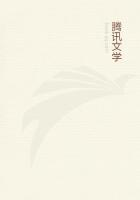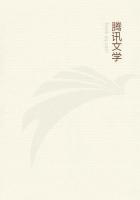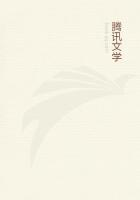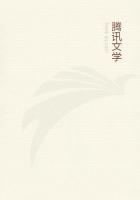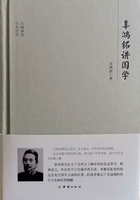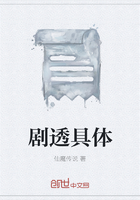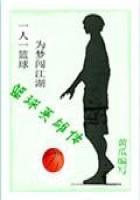YESTERDAY a funeral passed, from the work-house at N-, a quaint sepulture without solemnities.The rough, ungarnished coffin of stained deal lay bare and unsightly on the floor of an old market-cart; a woman sat beside, steadying it with her feet.The husband drove; and the most depressed of the three was the horse, a broken-kneed, flea-bitten grey.It was pathetic, this bringing home in death of the old father whom, while he lived, they had been too poor to house; it was at no small sacrifice that they had spared him that terror of old age, a pauper's grave, and brought him to lie by his wife in our quiet churchyard.They felt no emotion, this husband and wife, only a dull sense of filial duty done, respectability preserved; and above and through all, the bitter but necessary counting the cost of this last bed.
It is strange how pagan many of us are in our beliefs.True, the funeral libations have made way for the comfortable bake-meats;still, to the large majority Death is Pluto, king of the dark Unknown whence no traveller returns, rather than Azrael, brother and friend, lord of this mansion of life.Strange how men shun him as he waits in the shadow, watching our puny straining after immortality, sending his comrade sleep to prepare us for himself.
When the hour strikes he comes - very gently, very tenderly, if we will but have it so - folds the tired hands together, takes the way-worn feet in his broad strong palm; and lifting us in his wonderful arms he bears us swiftly down the valley and across the waters of Remembrance.
Very pleasant art thou, O Brother Death, thy love is wonderful, passing the love of women.
To-day I have lived in a whirl of dust.To-morrow is the great annual Cattle Fair at E-, and through the long hot hours the beasts from all the district round have streamed in broken procession along my road, to change hands or to die.Surely the lordship over creation implies wise and gentle rule for intelligent use, not the pursuit of a mere immediate end, without any thought of community in the great sacrament of life.
For the most part mystery has ceased for this working Western world, and with it reverence.Coventry Patmore says: "God clothes Himself actually and literally with His whole creation.Herbs take up and assimilate minerals, beasts assimilate herbs, and God, in the Incarnation and its proper Sacrament, assimilates us, who, says St Augustine, 'are God's beasts.'" It is man in his blind self-seeking who separates woof from weft in the living garment of God, and loses the more as he neglects the outward and visible signs of a world-wide grace.
In olden days the herd led his flock, going first in the post of danger to defend the creatures he had weaned from their natural habits for his various uses.Now that good relationship has ceased for us to exist, man drives the beasts before him, means to his end, but with no harmony between end and means.All day long the droves of sheep pass me on their lame and patient way, no longer freely and instinctively following a protector and forerunner, but DRIVEN, impelled by force and resistless will - the same will which once went before without force.They are all trimmed as much as possible to one pattern, and all make the same sad plaint.It is a day on which to thank God for the unknown tongue.The drover and his lad in dusty blue coats plod along stolidly, deaf and blind to all but the way before them; no longer wielding the crook, instrument of deliverance, or at most of gentle compulsion, but armed with a heavy stick and mechanically dealing blows on the short thick fleeces; without evil intent because without thought -it is the ritual of the trade.
Of all the poor dumb pilgrims of the road the bullocks are the most terrible to see.They are not patient, but go most unwillingly with lowered head and furtive sideways motion, in their eyes a horror of great fear.The sleek cattle, knee deep in pasture, massed at the gate, and stared mild-eyed and with inquiring bellow at the retreating drove; but these passed without answer on to the Unknown, and for them it spelt death.

